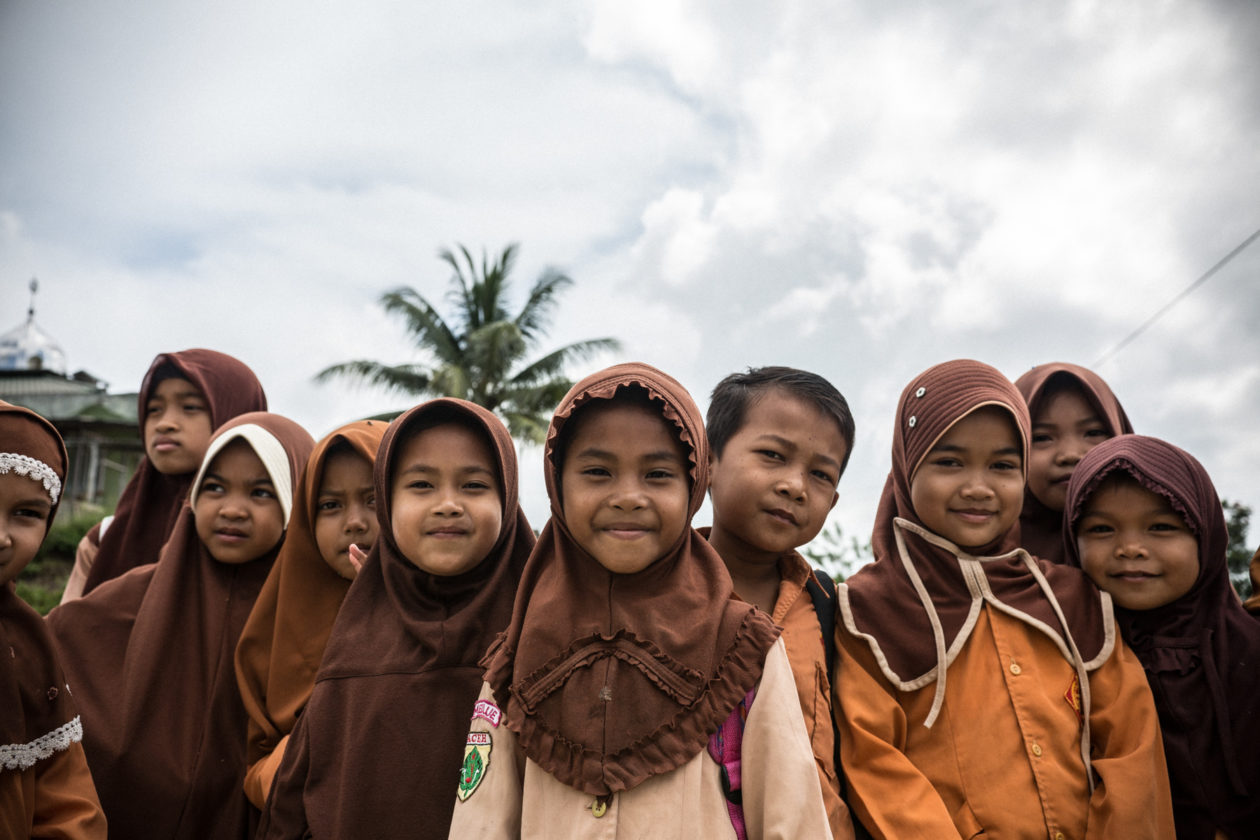
We focus on change at a landscape level.
We are working to shift the trajectory of an entire area away from an extraction orientated development path to one that is regenerative.
We do this through long term, holistic activities that address core needs of humans and nature: creating jobs, increasing productivity of primary resources while ensuring sustainability, emergency conservation of endangered species, and long term partnerships and knowledge sharing with communities and government.
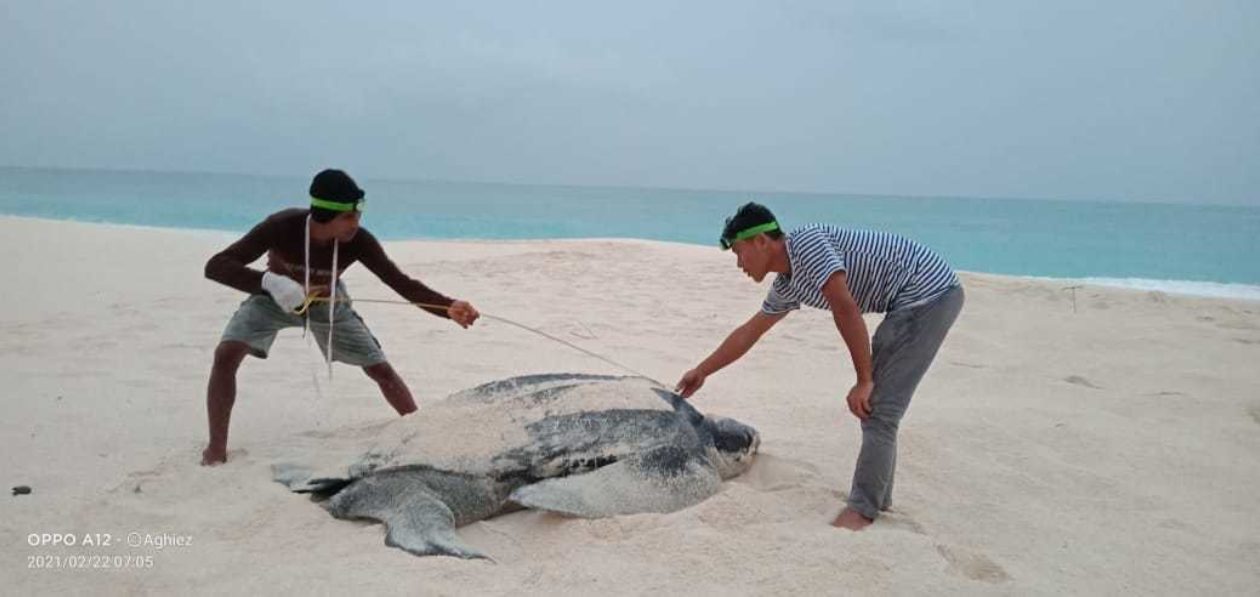
Saving wildlife on the brink of extinction
The Bangkaru and Simeulue Islands of Sumatra Indonesia have global significance for their biodiversity. They offer one of the last refuges and nesting sites for critically endangered sea turtles as well as several of the worlds rarest bird species.
We employ 35 full time community rangers to protect the frontlines from songbird and sea turtle poaching. And to breed and release species extinct in the wild and protect them for future generations.
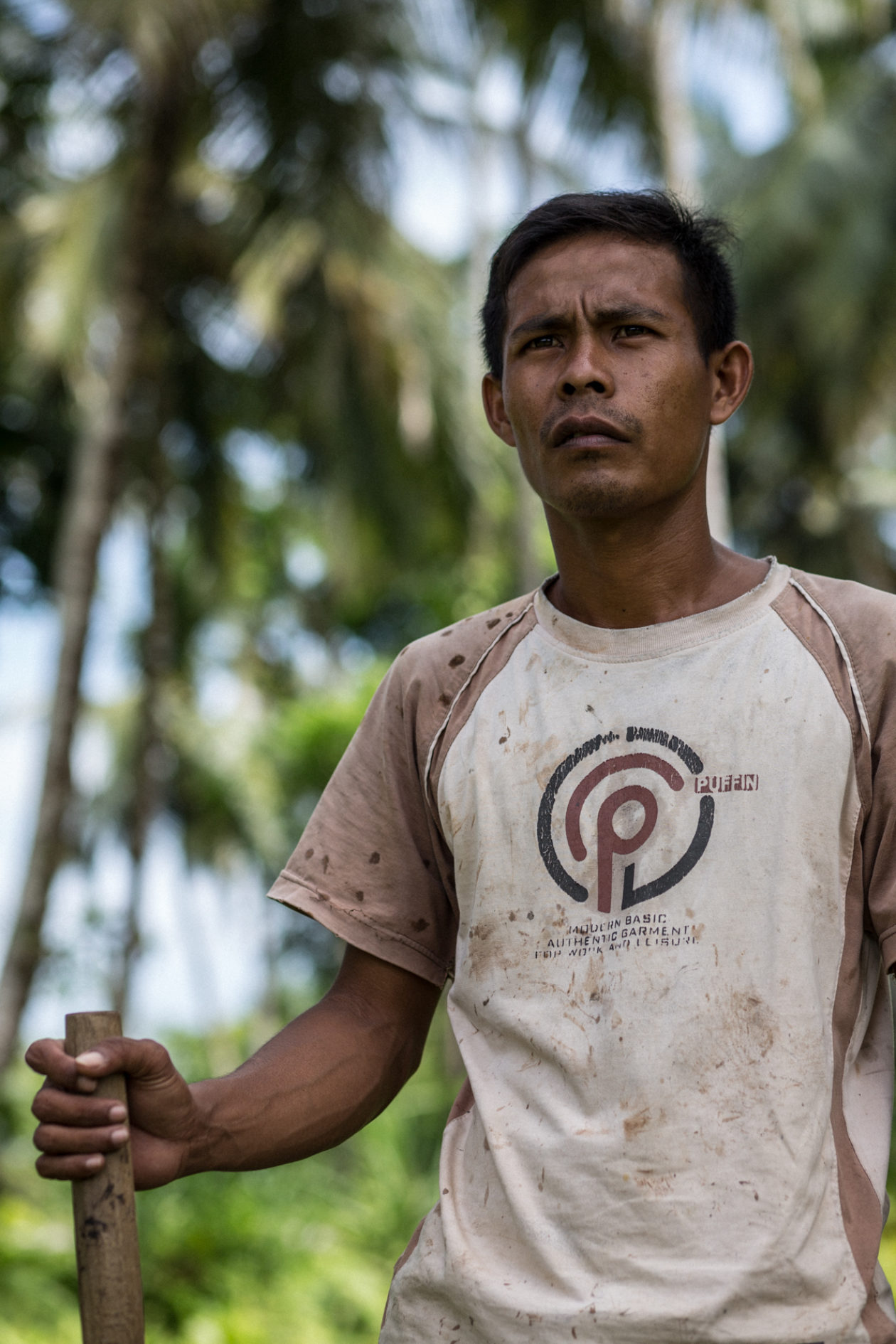
We invest in farmers and replanting coconuts
Coconuts in Indonesia are grown by independent farmers, where most other commodities are driven by conglomerates. Palm oil businesses can access bank finance by using their large landholdings and factories as collateral. Smallholder farmers can’t - they don’t benefit from economies of scale.
We work with over 500 farmer families. We know each farmer by name, map land boundaries and trace the coconuts from farm to you.
Our mission is to replant 8,000 of coconuts on smallholder farm on Simeulue.
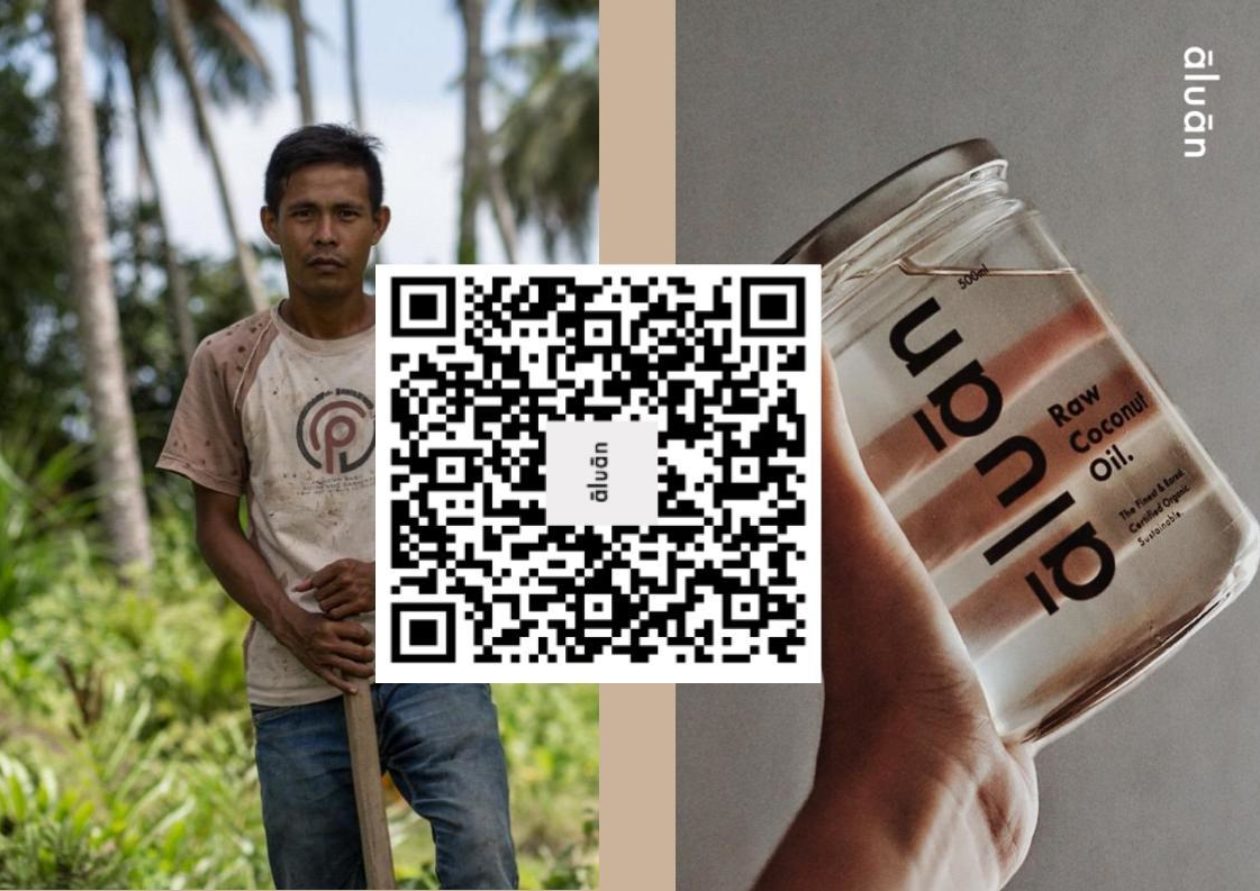
Without traceability we will not understand the full impact of our choices
Whether it’s skincare products, clothing, or the food on our plate, most of our consumption is impossible to trace.
We have partnered with Koltiva traceability systems to enable full supply train tracing. Scan the barcode on each product to trace through our processing facility and back to source.
By weaving ourselves through our supply chain we follow the story of each coconut from tree to you. There is a direct line of connection from final product back to the origin and the the community of farmers each coconut comes from.
Coconut plantations are not immune from causing negative environmental impact. We use GPS mapping and satellite technology to gain a birds-eye-view of all plantations, monitoring land boundaries to make sure we play no part in primary rainforest destruction.
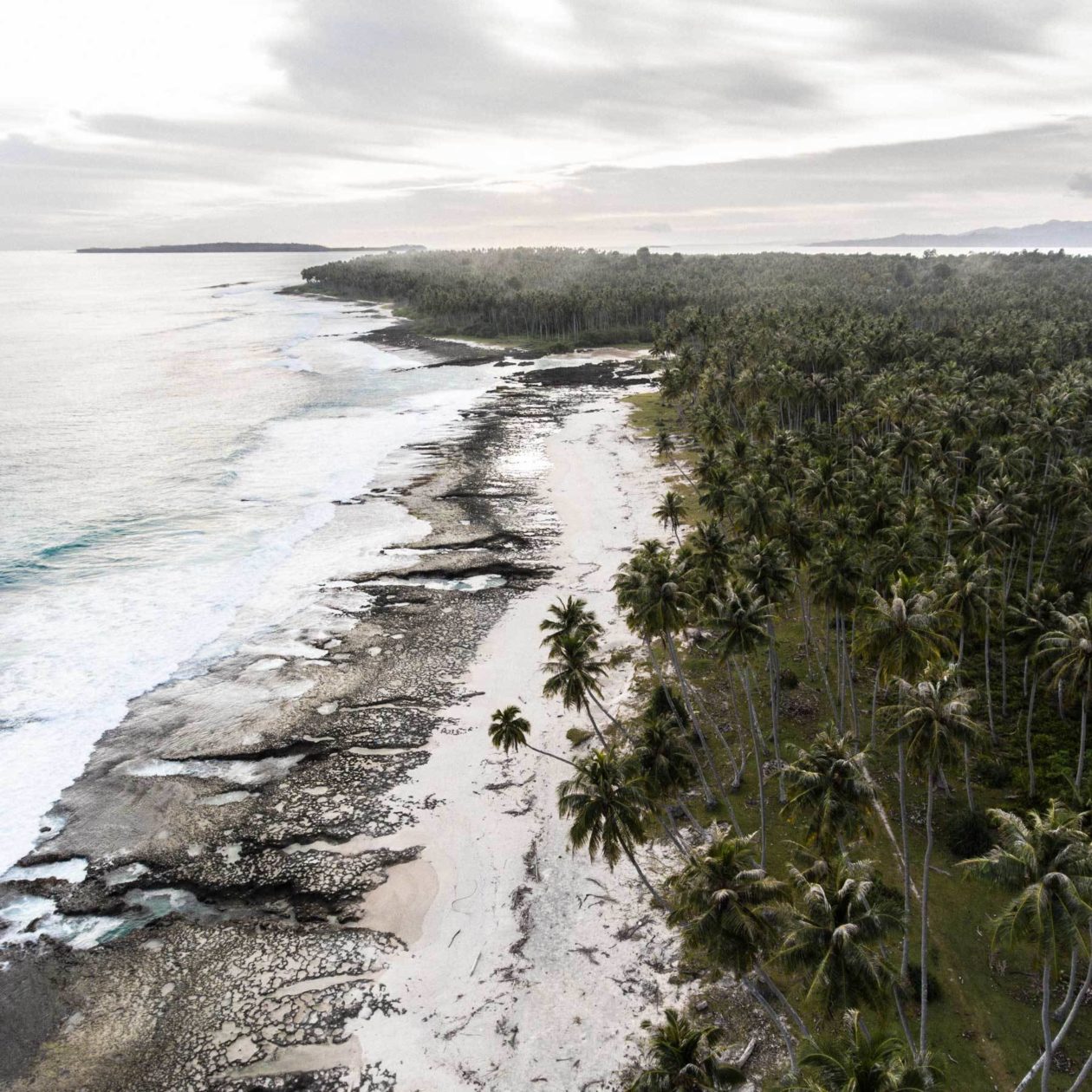
100% Organic Certified
Organic Certification has more meaning than simply avoiding chemicals. Annual audits of our farms and production houses is a third-party guarantee of our care for endangered wildlife, soil health, and that workers receive proper health and safety protection.
Organic farming means no GMOs, synthetic fertilisers, herbicides, pesticides or insecticides and ensures that no harmful cleaning products enter waterways.
With Control Union Certifications we have certified 3370ha of coconut farms as 100% organic compliant. This is internationally recognised by USDA, JAS and EU standards.
